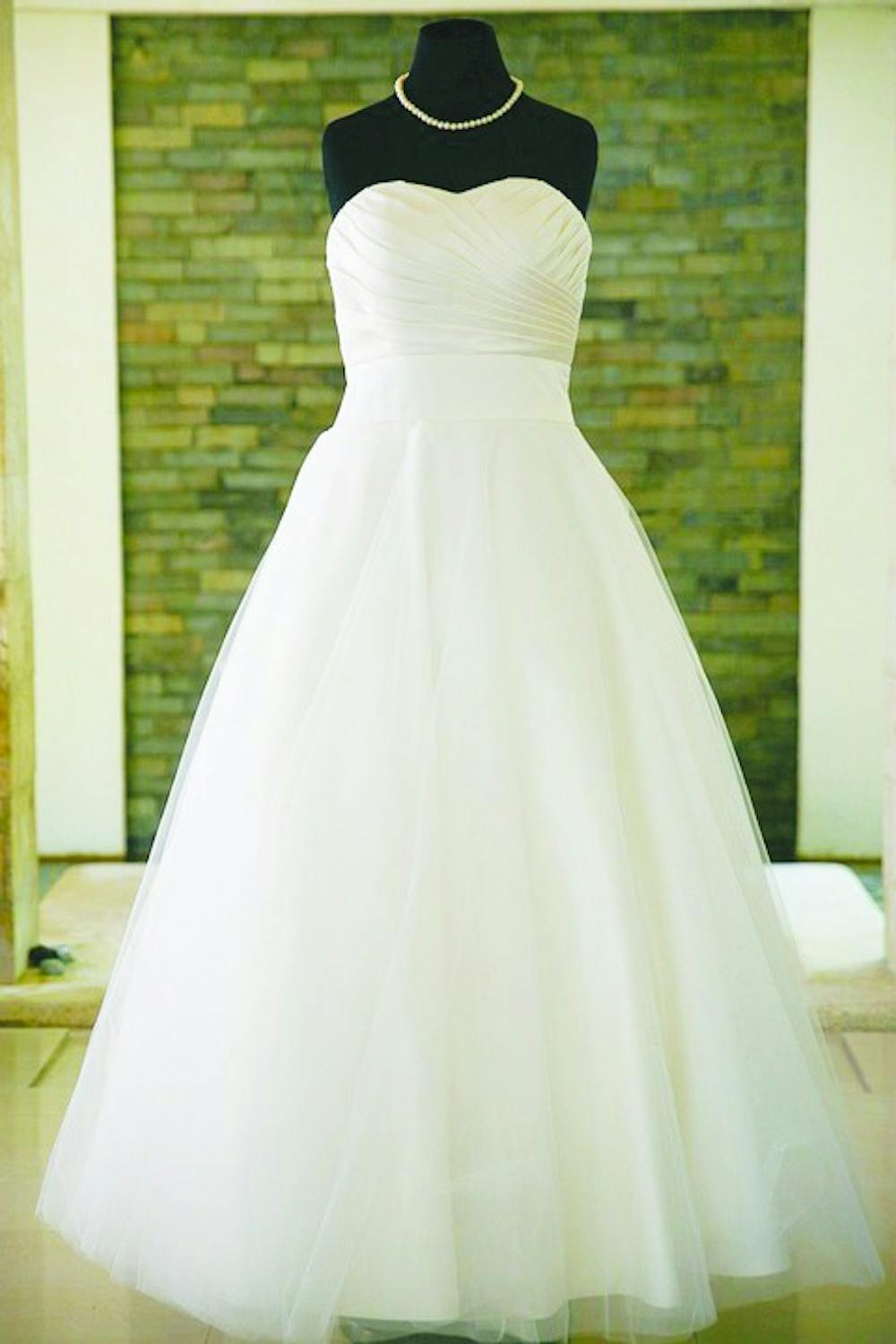I’m still a virgin,” someone told me. “We haven’t had penis-in-vagina sex yet.”
They’d done a whole lot else, though.
This person’s (let’s call her G) statement struck me for two reasons. One, her definition of virginity seemed to suggest that sex couldn’t happen unless it involved vaginal intercourse between a man and woman. A woman may lose her virginity to a man. But a woman who only has sex with cisgender women is still a virgin and will always remain as such.
Of course, that doesn’t make sense, and it’s not what G really meant.
The second thing that struck me was the way G said, “I’m still a virgin.” The tone was defensive. It was as though she were saying: “I haven’t totally messed up. I’m still a virgin, technically.”
I realized how pervasive slut-shaming was among my peers, and I thought of the ways I might have contributed to that culture.
Throughout history, we have been conditioned to associate female virginity with virtue, even power or divinity. The notion pervades religion, literature, art, film and politics. The Virgin Mary, Elizabeth I’s cult of virginity and the virgin goddesses in Greek mythology (Athena, Artemis, Hestia) are just a few classic examples.
It is nice, I suppose, to be told that as women, we don’t need men to kick ass. It would be nicer, though, if we women had the luxury of exploring our sexuality without feeling that our power would be somehow diminished.
As women, we have always been defined by our virginity or lack thereof.
Historically, our virginity signified which man we belonged to or whether we were soiled goods. Women were garments, and our virginities were our price tags. Once the price tags were torn off, we were not good for sale or return, unless we were widows.
A woman’s honor or virtue was simply her virginity, closely guarded by her father, her proprietor.
This notion isn’t a thing of the past. Take the familiar wedding ceremony, for example, which symbolizes the transfer of power from man to man. The father walks down the aisle with his daughter, who is dressed in white.
“I am a virgin,” her dress is supposed to scream. Meanwhile, white is not as important to the groom’s outfit, because we don’t really care.
Even today in the U.S., whether or not you are a virgin is supposed to say something about you.
If you’re a virgin, you’re uptight, a goody two-shoes. You’re a feminist. You hate men. You may be bitter, arrogant, puritanical, repressed, unattractive or you simply don’t have the game.
If you’re not a virgin, you’ve either got the game and/or you have no self-respect. You’re easy.
Note that we don’t put men on a pedestal for “saving themselves.” Oh no! In fact, the male virgin is an embarrassment. He is weak; he is less than a man. Besides, real men just can’t help themselves, they just have to stick it in somewhere, don’t you know?
This double standard, along with our fixation on female virginity in general, is a reflection of our own internalized misogyny.
For proof, look no further than the etymology of ‘virgin.’ While ‘virgin’ is not a female-exclusive term, the root word of virgin is the Latin word ‘virgo,’ which means ‘young, sexually inexperienced woman.’
Not to mention the myth that is the hymen, of which there is no equivalent in the male anatomy. The language around your first time also appears to stem from this myth: ‘losing your virginity,’ ‘losing your maidenhood,’ (dated, but still telling) ‘popping your cherry’ and more.
It is only for women that virginity is supposed to have physicality, and the language we use often suggests that the man must be the active performer and the woman must be the passive receiver. We are the popped, while the man pops.
Society thinks that female virginity still matters. Men continue to have a fetish for virgin women. Have sex with the pure, naive virgin with her tight fit, make her bleed and voila, she belongs to you! You have staked out your territory.
For women, our virginity has always mattered because it matters to society, and because our bodies usually pay the steeper price.
It’s hard to talk about sex without using the words ‘virginity’ or ‘virgin.’ But perhaps it is time that we stop obsessing over this heteronormative social construct designed to constrain women and diminish their self-worth.
Virginity is no longer relevant, and in a world that accepts the LGBTQ community, there can be no standard definition for it. This is not to say that the first time and who you do it with doesn’t matter. Your body is your own, and someone who doesn’t respect you has no right to it.
But your first time should not be something that people use as leverage to judge you and make assumptions about you.
Society always has new unreasonable standards for us women. We may be doing a better job of acknowledging that yes, women can be sexual beings, but there’s an added expectation that we be sexually active even when we’re not ready. We’re always either sluts or prudes.
A few months ago I was reuniting with friends who were amused to learn that I had zero experience. One of them said, “Even so-and-so is better than you, at least she hooked up with someone.”
I laughed it off, but I was troubled that this person would think it was okay to assign me some sort of status based on whether I’d “lost it.”
Our bodies are ours, our sexual experiences are personal. We women are ready when we are, not when others want us to be. We women are more than our sex lives.
That being said, I still want a white wedding dress.





